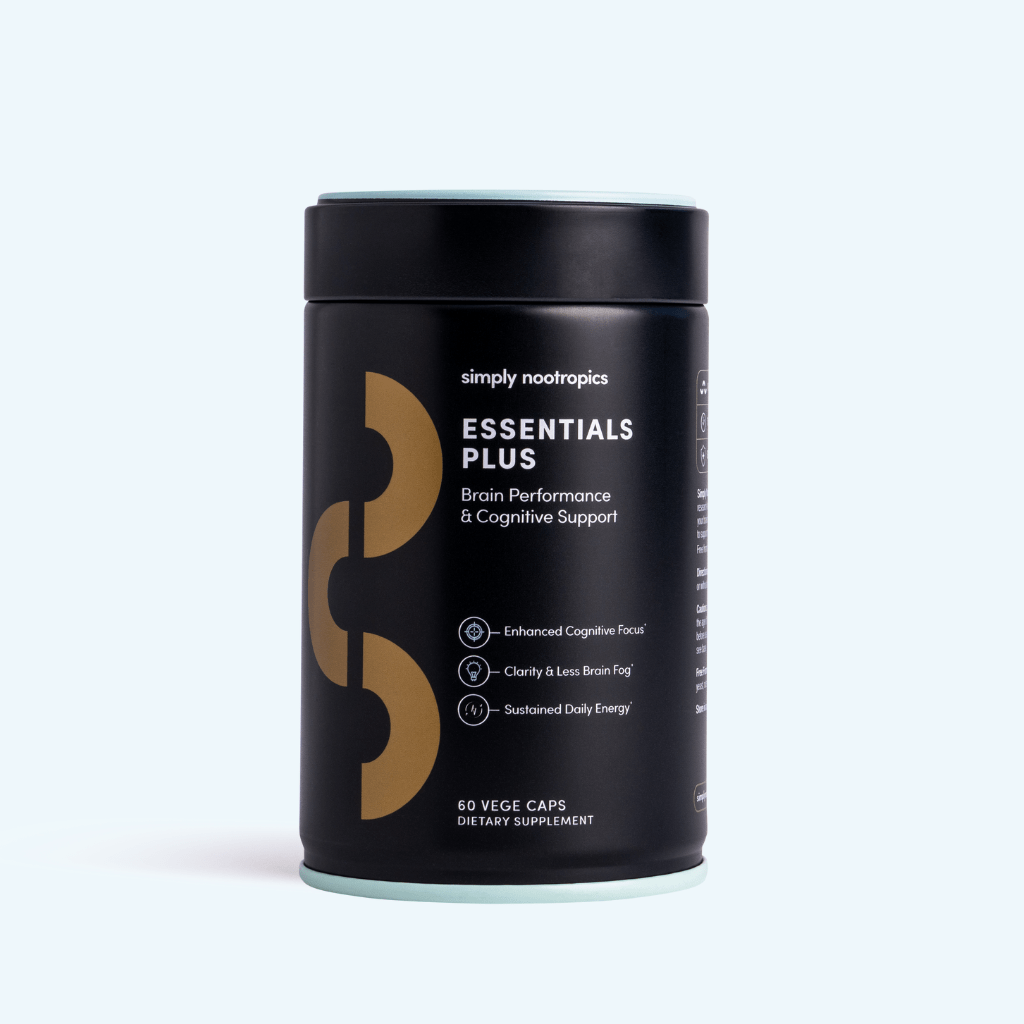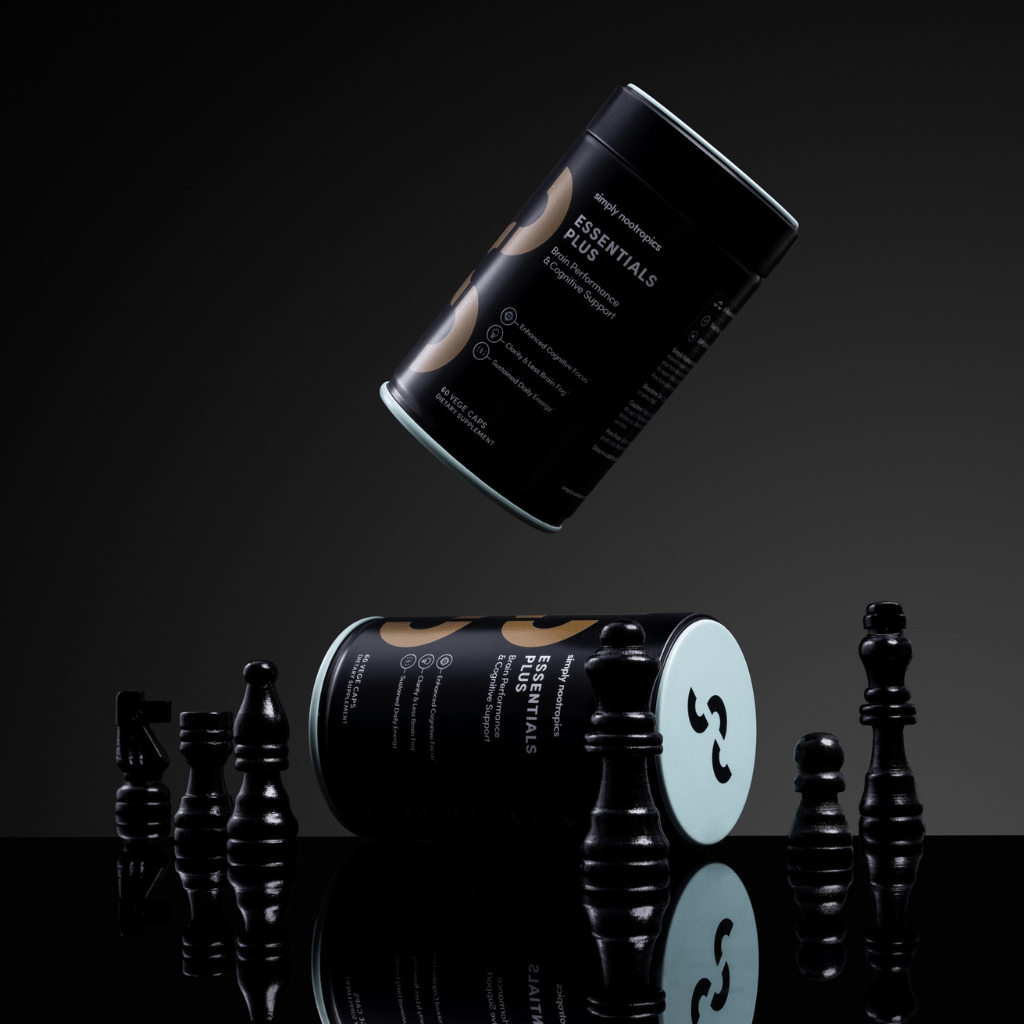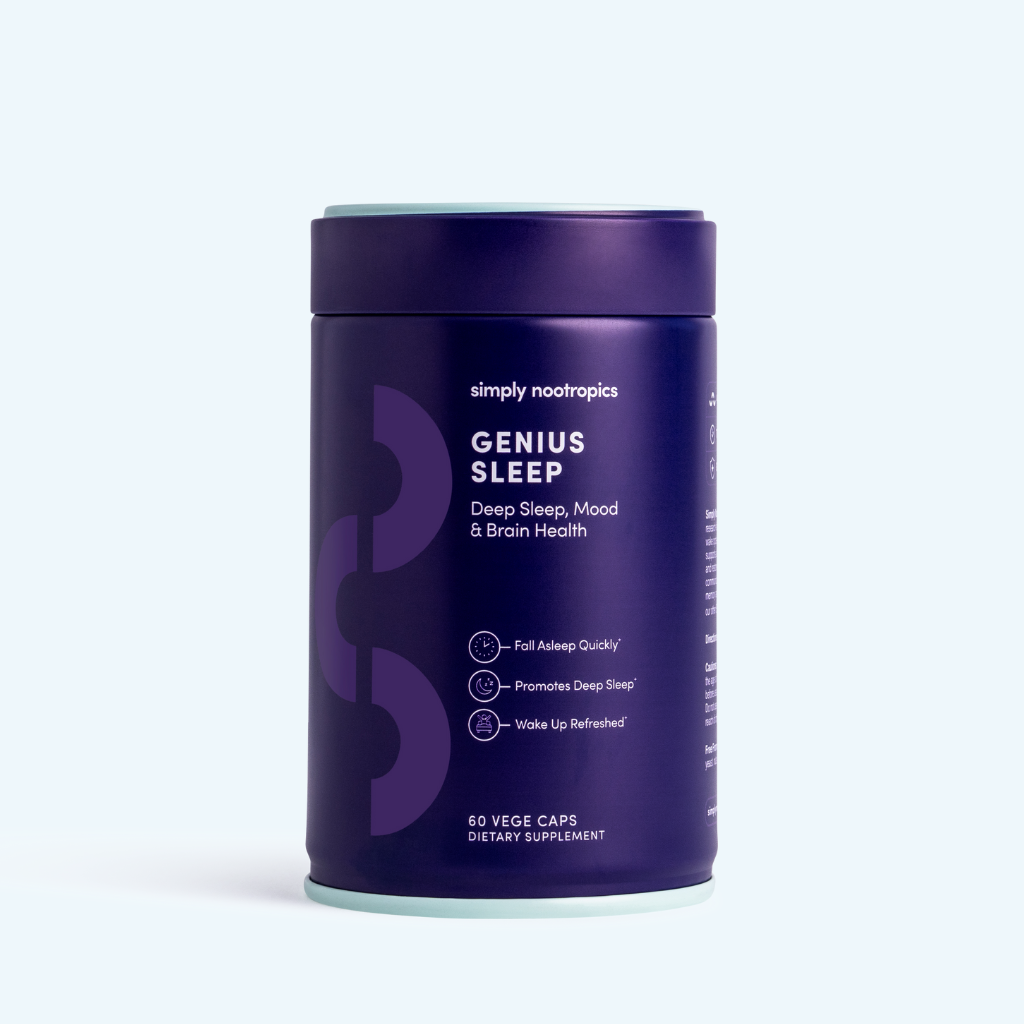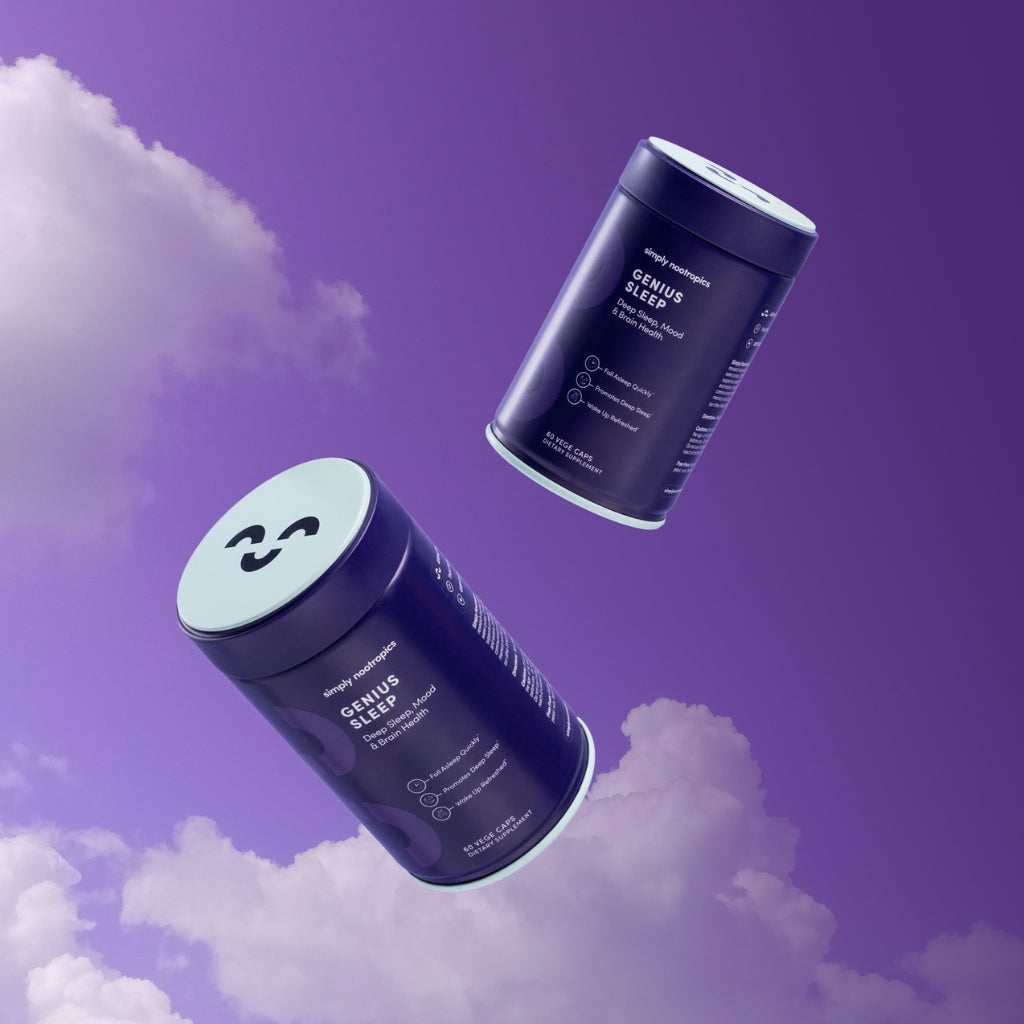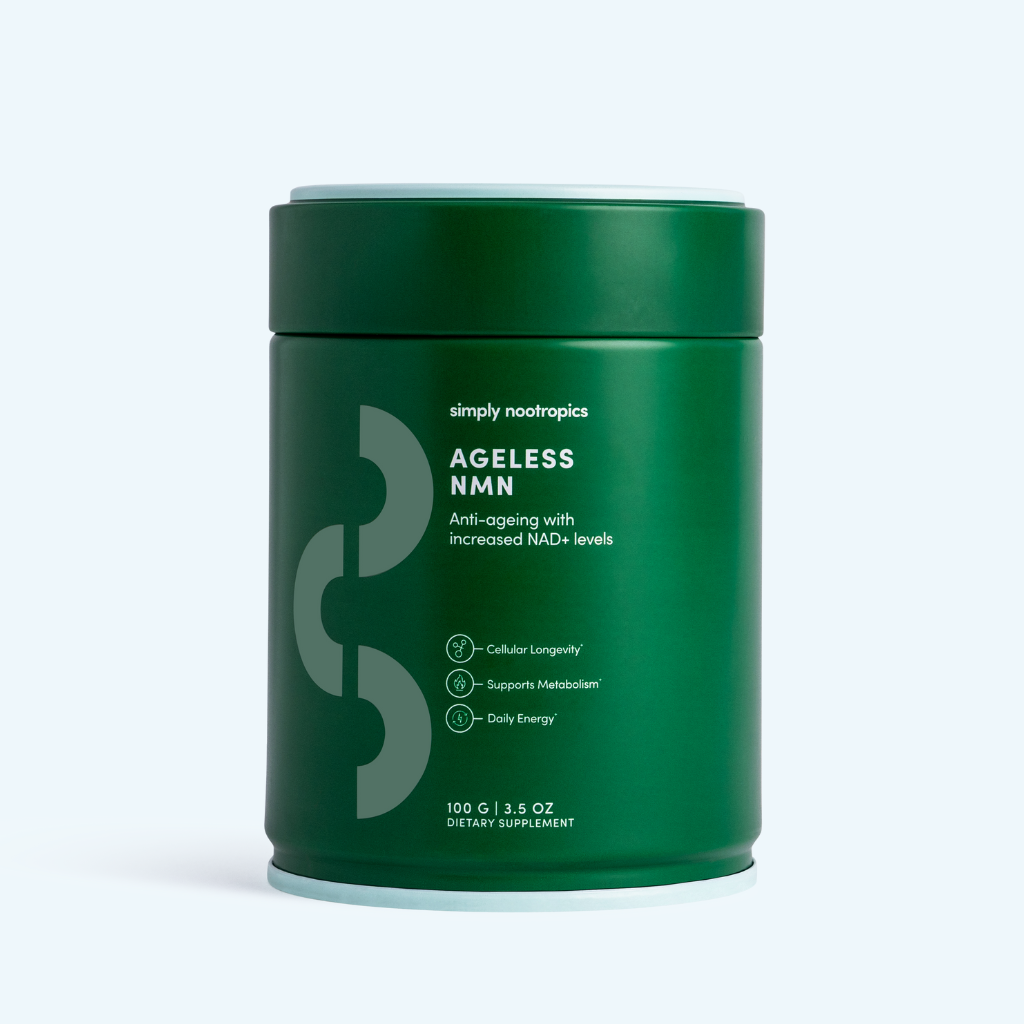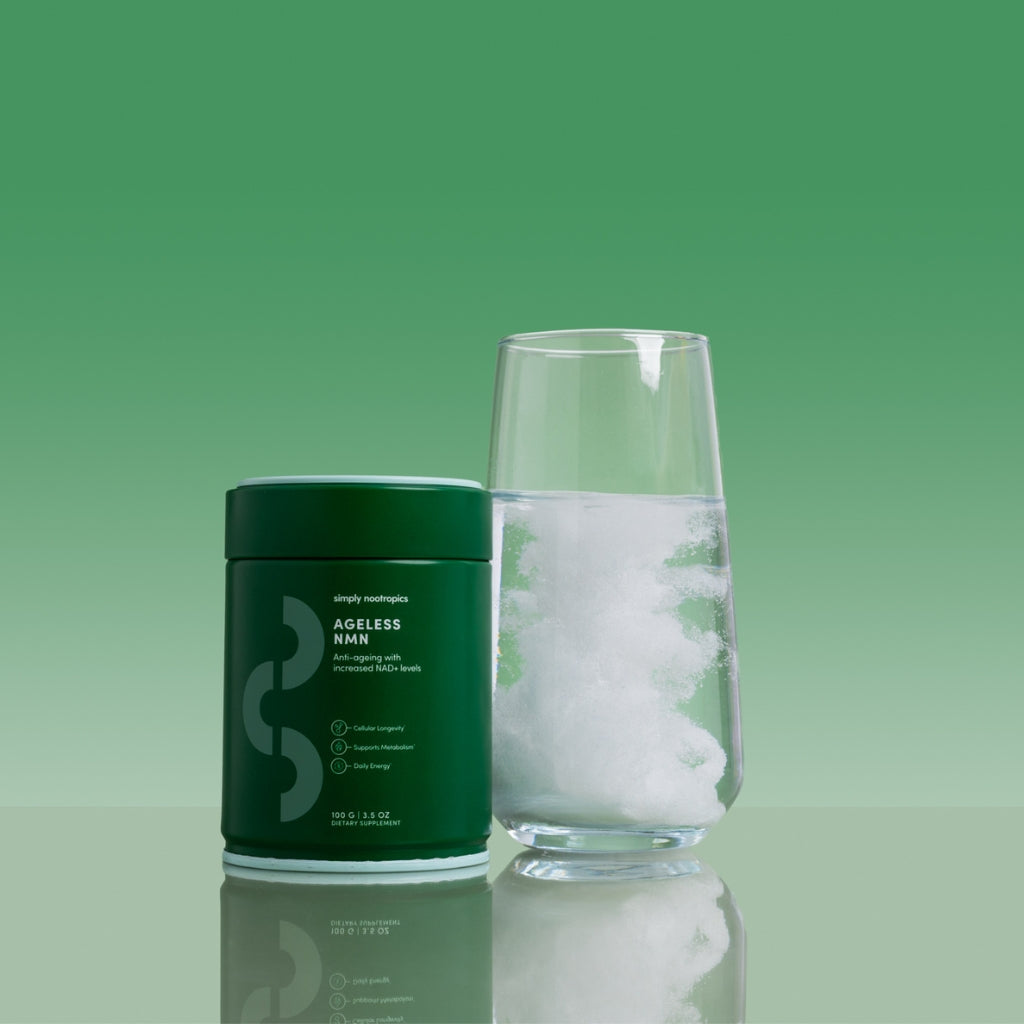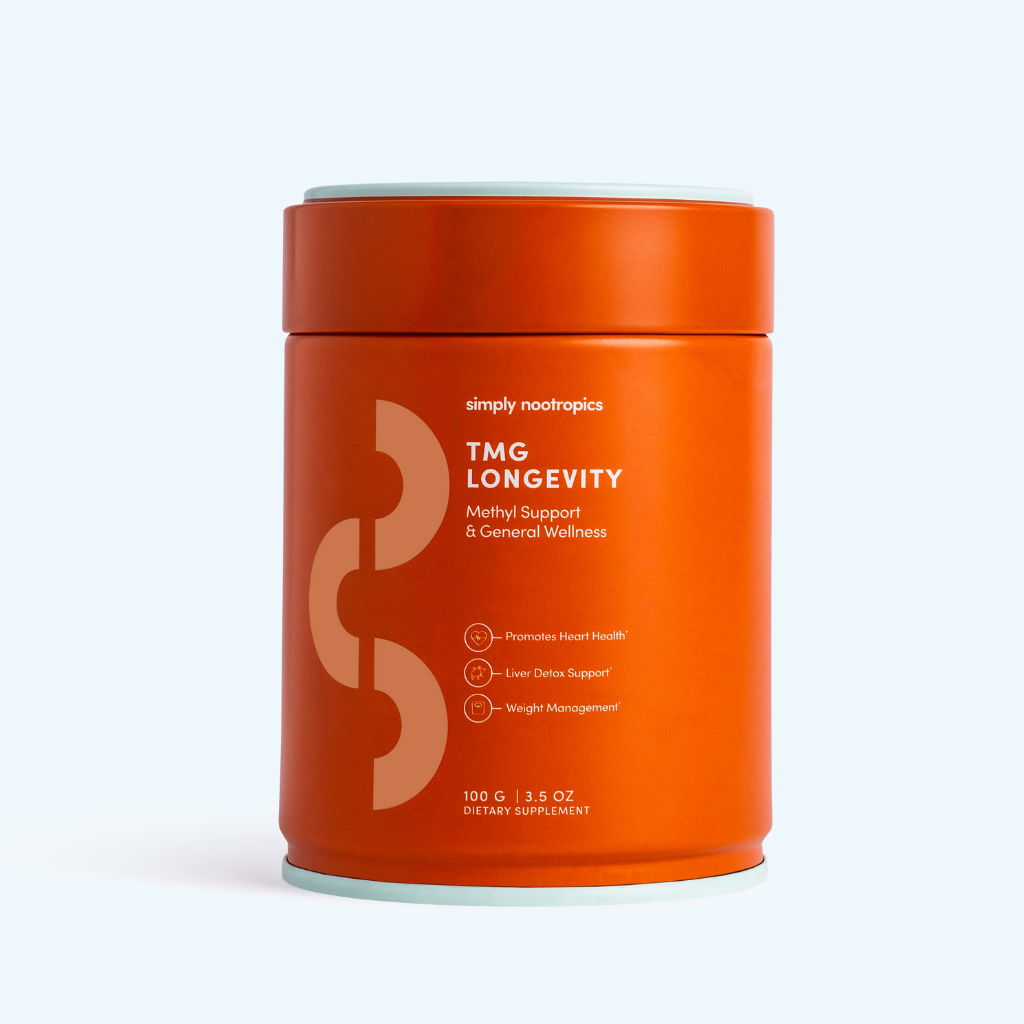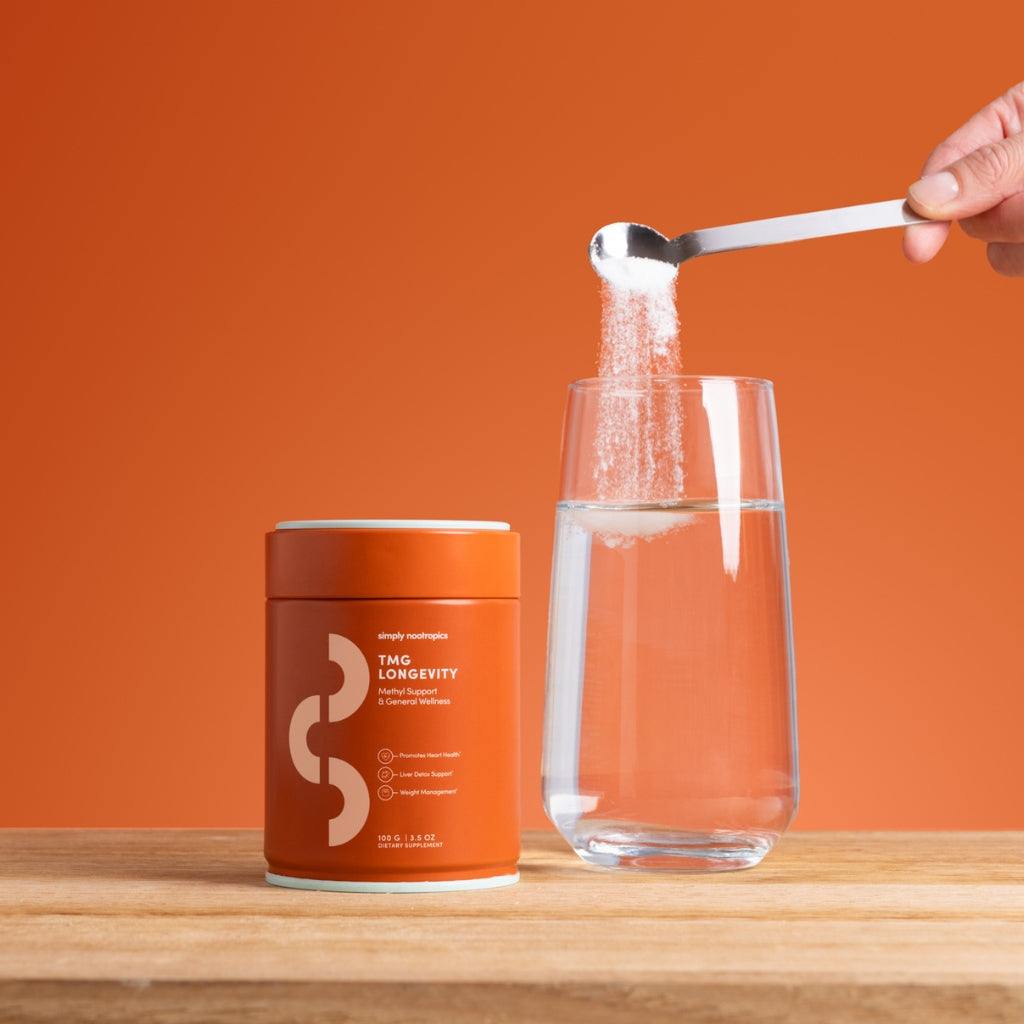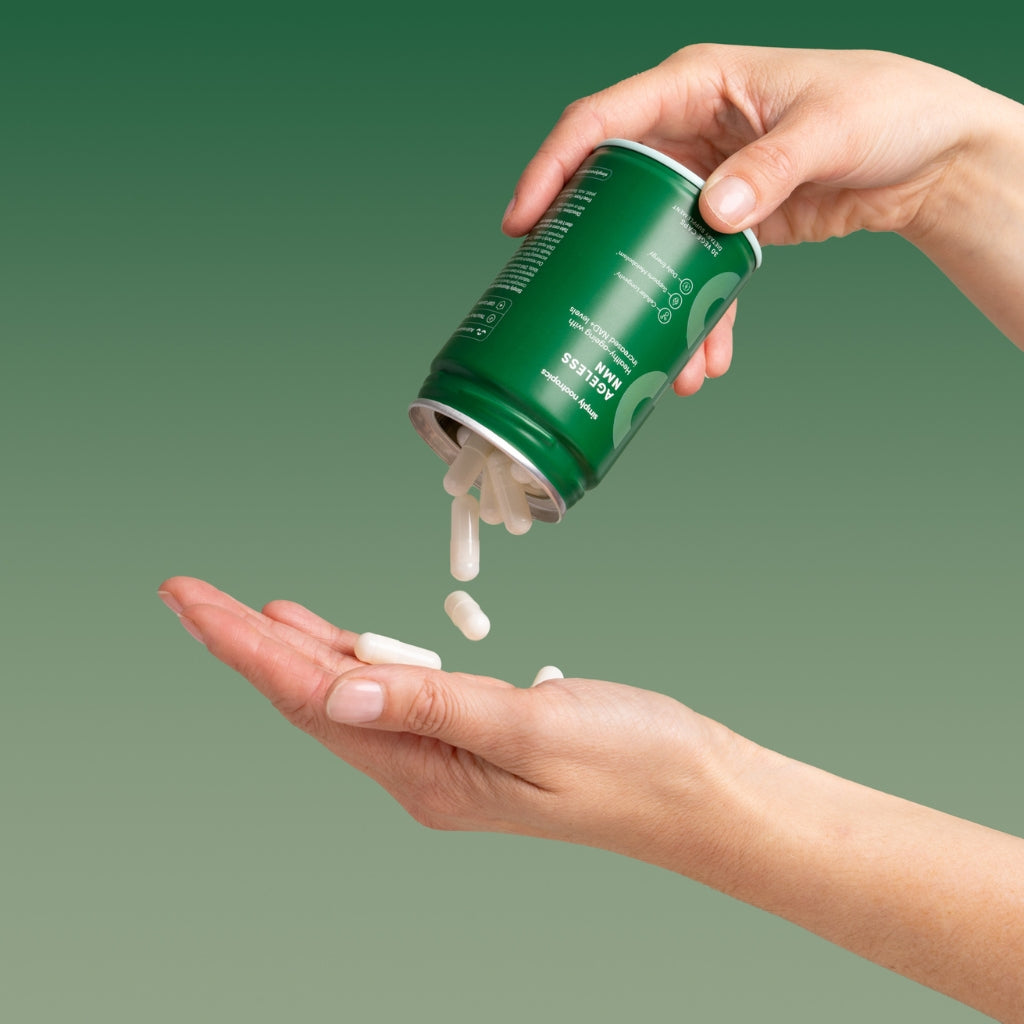Collagen tends to get lumped into the “beauty supplement” category. And while it's true that collagen supports skin elasticity, there’s a lot more to it than that. Collagen is the most abundant protein in the human body, and we rely on it for far more than a dewy glow.
From joint strength to gut lining, muscle mass to bone structure, collagen plays a role in almost every major system that keeps you functional and resilient as you age. But here's the catch: top collagen production starts declining in your mid-20s, and that slow, steady loss adds up over time.
So if you think collagen is only relevant for skincare routines or Instagram wellness trends, it might be time to take a closer look. Because whether or not you see the signs on the surface, your body’s collagen needs are probably growing.
What Is Collagen, Really?
Collagen is a structural protein; think of it as the scaffolding that holds your body together. It makes up about 30% of all the protein in the human body and is a key component of your skin, bones, muscles, tendons, ligaments, and cartilage.
There are at least 28 types of collagen, but the three most common types are:
-
Type I – Found in skin, bones, and tendons (the most abundant).
-
Type II – Found in cartilage and joints.
-
Type III – Found in skin, lungs, and blood vessels.
Unlike dietary proteins from food, the best collagen has a unique amino acid profile, particularly rich in glycine, proline, and hydroxyproline, amino acids you won’t find in large amounts from muscle meat or plant-based protein sources.
Your body makes collagen naturally, but it needs the right raw materials and conditions to do it well, and with age, this process gets less efficient.
The Decline
Starting in your mid-20s, top collagen production drops by about 1% per year. That doesn’t sound dramatic, until you add it up over a few decades.
By the time you hit your 40s or 50s, that slow decline becomes much more noticeable. Skin may feel thinner or less elastic. Joints might creak more. You might find yourself needing more recovery time after exercise, or noticing fine lines, sagging, or stiffness that didn’t used to be there.
This isn’t about vanity, it’s about structure. Collagen provides the internal framework for how your body holds itself together. When that framework weakens, you start to feel it in your skin, your knees, your bones, your energy, and even your gut.
Collagen Beyond Skin
Most people first encounter collagen as a “beauty supplement”, but what the best collagen does for the rest of your body is arguably even more important.
-
Joints & cartilage: Collagen is a major component of the tissue that cushions your joints. As it declines, movement becomes less smooth. Joint stiffness, discomfort, and cracking often trace back to loss of collagen in cartilage.
-
Muscle mass & recovery: Collagen peptides contain glycine and arginine, which play a role in tissue repair and inflammation resolution. There’s also research suggesting that collagen may support muscle recovery and mass retention, particularly in older adults.
-
Bones: We often think of bones as hard and mineral-based, but collagen gives them structure and flexibility. Without top collagen, bones become brittle and more prone to injury, even if your calcium levels are fine.
-
Gut & blood vessels: Collagen lines your digestive tract and blood vessels. A weakening of this matrix may contribute to gut permeability (leaky gut), poor circulation, or even blood vessel stiffness over time.
Signs You Might Need More Collagen
You don’t need a test to know your collagen might be low. Here are some subtle signs:
-
Skin feels thinner, drier, or more creased
-
Joints are achier or stiffer than usual
-
You bruise more easily
-
Nails chip or split often
-
Hair feels finer or less dense
-
Recovery from workouts takes longer
-
Cuts or scrapes heal more slowly
None of these guarantee you’re collagen-deficient, but together, they can indicate that your body might benefit from extra support.
What Affects Collagen Levels?
Your collagen levels are influenced by more than just age. Lifestyle habits and environmental factors can accelerate the breakdown of collagen or impair your body’s ability to make it:
-
High sugar intake: Excess sugar promotes glycation, which stiffens and damages collagen fibres
-
Smoking: Nicotine and other chemicals reduce blood flow and slow collagen synthesis
-
UV exposure: Sun damage breaks down collagen in the skin
-
Stress: Chronically elevated cortisol reduces collagen production
-
Poor sleep: Collagen is rebuilt at night—interrupted sleep can interfere with this repair process
-
Low protein or vitamin C intake: Top collagen synthesis requires both
The Best Collagen Supplements
The most common form of supplementation is hydrolysed collagen peptides, collagen that’s been broken down into smaller pieces your body can absorb. Studies have shown that these peptides can:
-
Improve skin hydration and elasticity
-
Support joint comfort and mobility
-
Reduce wrinkle depth
-
Aid muscle mass retention when paired with strength training
Some collagen supplements go a step further by including ingredients that stimulate your body’s natural collagen production, like vitamin C, hyaluronic acid, or certain amino acids.
It’s not an instant fix, but over 8 to 12 weeks with the best collagen supplementation, most people notice subtle but meaningful shifts in how their skin feels, how their joints move, and how their body recovers.
Supporting Collagen Naturally
Even if you’re not taking a supplement, there are ways to support your body’s collagen supply:
-
Eat more collagen-rich foods, like bone broth or slow-cooked meat with connective tissue
-
Get enough protein, especially glycine- and proline-rich foods
-
Prioritise vitamin C (capsicum, citrus, kiwifruit, broccoli)
-
Limit excess sugar and alcohol, both of which interfere with collagen repair
-
Use SPF daily to prevent UV-induced breakdown
-
Get consistent sleep, where much of your tissue repair actually happens
You don’t need a perfect lifestyle, but supporting your body’s ability to maintain and repair top collagen pays off in how you feel, move, and age.
Where to Start
If you’re looking for a simple way to support collagen that actually fits into daily life, our Vital Beauty formula is a great place to begin.
It combines hydrolysed collagen peptides with:
-
NR (nicotinamide riboside) to support energy and cellular repair
-
Hyaluronic acid for hydration and skin health
-
Vitamin C to aid collagen production
-
And no fillers, sweeteners, or weird extras
You can mix Vital Beauty into oat milk, smoothies, yoghurt, or even just water, because it’s low-effort, no-fuss, and designed to help you feel (and move) better with consistency.




